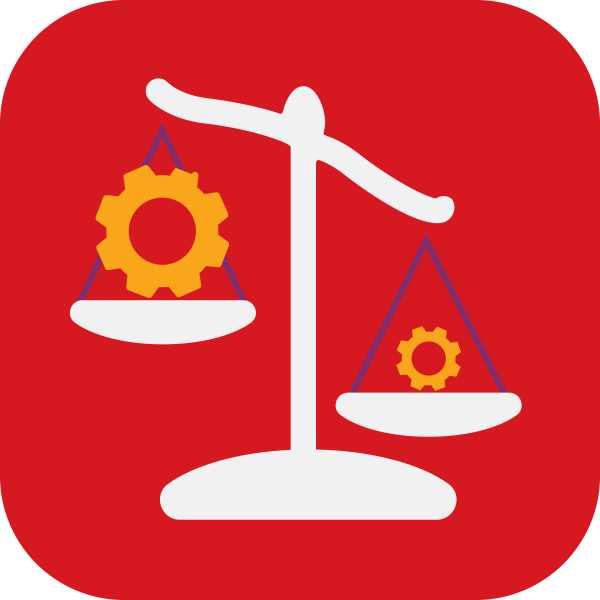Singapore’s first ever comprehensive assessment of cognitive functioning – benchmarked to the local population – has been developed following a collaboration between GL Education, Singapore’s Ministry of Education, the National Institute of Education, and Nanyang Technological University, Singapore.
The Singapore Ability Scales (SAS) is the only standardised test of cognitive and achievement abilities currently available in Singapore that has been developed from a representative sample of school-age children in the city state. It is culturally relevant, with up-to-date local norms, and is an effective and robust psychometric tool that will provide a holistic picture of a child’s strengths and needs.
The SAS has been specially tailored for the Singapore local context after research was carried out among 2,000 children across a range of different age groups and school settings. The team behind the project worked collaboratively to ensure that language, images and instructions will be relevant for all children who take the assessment.
The SAS comprises the Core, Diagnostic and Achievement Scales, adapted from the School Age Battery of GL Education’s British Ability Scales 3 (BAS3). In addition to Age Equivalent Scores, the SAS also includes Achievement Scale Grade Norms for Primary 1-6 (including number skills, reading and spelling) to help teachers and other educators better understand a child's achievement level.
To ensure appropriate administration of the SAS, the National Institute of Education International will be overseeing a training programme for prospective users of the test. Only a Certified User of the SAS, who has undergone the SAS Certified User Training Programme, will be able to purchase the SAS and supervise the assessments.
Amanda Clarke, International Director of GL Education, says: “The Singapore Ability Scales is a robust psychometric tool which will allow practitioners to make easy comparisons between core and diagnostic cognitive abilities alongside achievement abilities. The local relevance of the test means users will be able to speak to teachers and educators with even greater confidence about the results.”
Kenneth Poon, Associate Dean, Education Research, National Institute of Education, Nanyang Technological University, Singapore, says: “The Singapore Ability Scales is the first comprehensive test of cognitive functioning that is adapted and normed for the Singapore context available to both practitioners and researchers. Additionally, this test possesses excellent psychometric properties and is a valid test for use in Singapore.”
Practitioners wishing to find out more about the SAS should visit www.singaporeabilityscales.sg or contact the test’s exclusive distributor at [email protected].
- Ends –
About NIE
As Singapore’s national teacher education institute, the National Institute of Education of Singapore, prides itself as an institution that prepares teachers as professionals and leaders in the educational field. Backed by close collaboration with Ministry of Education and schools in Singapore, and research by the NIE faculty, the NIE teacher education programme is grounded in theory and strong in practice. With a history of more than 70 years in preparing teachers in their teaching career and providing continual professional development, the NIE has prepared generations of teachers who inspire learning, lead, and transform the education landscape and has made advancement in the area of educational research. For more information, please see https://nie.edu.sg/about-us/corporate-information
About The Ministry of Education, Singapore
The Ministry of Education, Singapore formulates and implements education policies on education structure, curriculum, pedagogy, and assessment in Singapore. For more information, please see https://www.moe.gov.sg/about-us
About GL Education
GL Education has worked in partnership with schools for over 40 years to develop a suite of assessments that support better outcomes for students. Its tests provide teachers with a comprehensive understanding of a student’s ability, attainment and attitudes, as well as any barriers to learning they may have. They are built on the best academic research and have been extensively trialled to help teachers make quick and effective interventions.

